After over a decade it has become clear that despite countless predictions people have made, there won’t be a winner-takes-all situation in blockchain. Rather, a small number of the most unique and competitive blockchains will dominate and rise to the top, likely culminating into a top 3 or 4. This is a very common trend in numerous markets such as grocery chains, energy, telecommunications, computers and more, with blockchains appearing to follow suit as well.
Cardano is a cryptocurrency project that aims to be the go to platform for smart contract development in the blockchain space. To achieve this ambitious goal it tries to solve the following challenges which are major issues currently:
- Scalability
- Smart contract security
- Sustainability through a protocol DAO which enables decentralized ecosystem self-funding
- An environmentally friendly consensus mechanism (Proof of Stake)
Cardano follows a scientific approach where research is performed in collaboration with multiple universities around the world thereby coming out with state of the art advances in the field. This research-based approach provides Cardano countless benefits over its competitors, however one of the clear tradeoffs has been it’s time to market once the research has been complete.
Cardano was the first chain to design and publish a provably secure solution to Proof of Stake which culminated in the release of the Ouroboros Protocol paper back in 2017. Since then the core developers have been hard at work bringing the protocol into reality, with Proof of Stake officially live and fully implemented on Cardano mainnet today. Users are able to:
- Freely create stakepools
- Delegate to stakepools in a user friendly manner without losing custody of their funds
- Receive rewards for block creation / delegation
- Instantly move their funds at any time (no multi day lock such as in other chains)
- Mint / Burn tokens (which are considered native rather than built on top of a smart contract standard like ERC-20)
Thus users have a full fledged PoS system at their disposal which overcomes many of the usability pitfalls other PoS chains struggle with. Besides solving PoS, Cardano also has a whole host of further upgrades coming up including:
- Plutus (Smart contracts = Goguen done in Q3 '21, major dApps (DEXes, borrow&lending under audits to be deployed soon in Q4/Q1 '22, fun smart contract for NFT marketplaces for spacebudz and deadpxlz (pxlz.org) already functional and kicking ass)
- Hydra (scalability using state channels)
- Voltaire (On-chain voting)
- And more farther out in the pipeline
Since the launch of Cardano mainnet in 2017, the network has gained a significant amount of user interest. Cardano currently is one of the top crypto projects in terms of marketcap (#6 at 50B+ $) and has over 3100 stakepools, making it one of the most decentralized blockchains.
IOG (one of the entities behind Cardano) has closed multiple partnerships with governments around the world; The Ethiopian partnership will bring 5 million students across 3,500 schools to Cardano by providing decentralized IDs and the storage of educational records (https://www.coindesk.com/from-paper-to-cardano-blockchain-iohk-in-ethiopia). Partnerships like this are a staple of the Cardano ecosystem, and signal a strong future for Cardano globally.
When looking at competitors, there are constant debates around Proof of Work (PoW) vs Proof of Stake(PoS), yet rarely is any focus put on the top of UTXO-model vs Account-based model which are at the foundation of every blockchain ledger. In many ways the latter topic is more important than the former for a smart contract platform, because it dictates the long-term viability of everything from scaling, security, to formal verification. A useful analogy to understand the difference is to imagine that a UTXO behaves the same way as dollar bills work, wherein you will receive change back because you over pay with an indivisible bill. In the Account-based model on the other hand, you always transfer the exact amount the same way that you do with bank transfers. The latter may seem more efficient by default, however it has numerous unexpected consequences which make a significant difference.
The Account-based model is used by the majority of current smart contract platforms, primarily due to the fact that it is simpler to comprehend when designing and launching the smart contract layer of the blockchain as it exposes global state to every contract at any time. As any programmer knows, global state is dangerous and severely limits the ability of programs to parallelize/scale, and this similarly maps onto the blockchain context as well.
This global-access paradigm of the Account-based is going to be severely limited with the introduction of sharding where each shard will be distinct and separate from one another, meaning much of the original benefits will be swept away in pursuit of building a system that actually scales. This means that the way that protocols are designed will begin moving towards how the UTXO-model works, yet carrying along all of the previous baggage from choosing Account-based in the first place.
Lastly, what sets Cardano apart is its self-sustainable mechanism for supporting ecosystem growth: a decentralized DAO called Catalyst. This DAO allows community projects to be funded by a decentralized treasury (over 1B $ right now for funding) which is managed by the users of the network. Each ADA a user holds counts as a single vote, meaning that the users of the system decide the future development of the ecosystem. This brings the incentives in alignment and as such is one of the first successful self-funding mechanisms on a large L1 blockchain.
Sources: https://medium.com/dcspark/why-cardano-f9c9a0db9d01
TL;DR: turns out this is not "shit on ADA" post... My bad! I'll try to FUD better next time! I promise!
Also remember kids, Ethereum had nothing to show for until 2018, that's about 2-3 years since its launch: see https://np.reddit.com/r/CryptoCurrency/comments/r1xgwo/welcome_to_q4_of_2017_its_been_over_2_years_and/
[link] [comments]

You can get bonuses upto $100 FREE BONUS when you:
💰 Install these recommended apps:
💲 SocialGood - 100% Crypto Back on Everyday Shopping
💲 xPortal - The DeFi For The Next Billion
💲 CryptoTab Browser - Lightweight, fast, and ready to mine!
💰 Register on these recommended exchanges:
🟡 Binance🟡 Bitfinex🟡 Bitmart🟡 Bittrex🟡 Bitget
🟡 CoinEx🟡 Crypto.com🟡 Gate.io🟡 Huobi🟡 Kucoin.
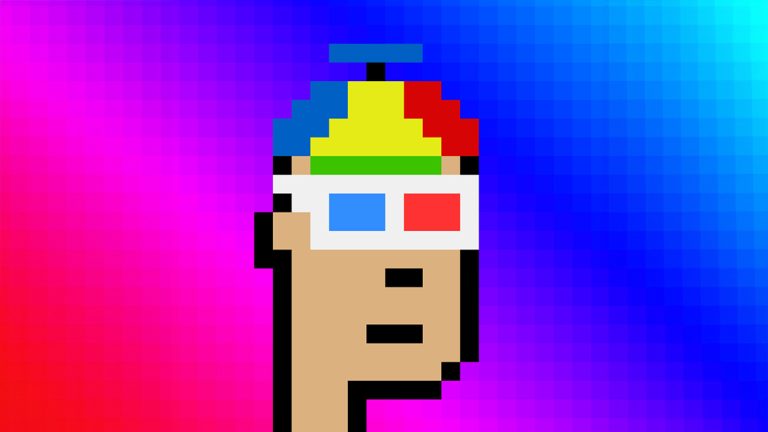






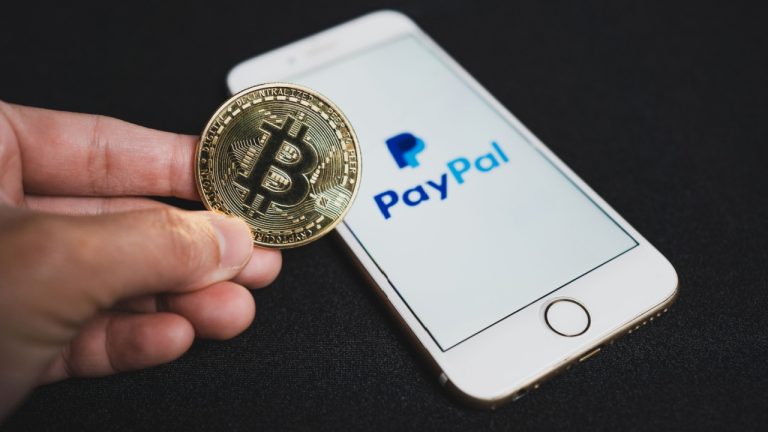

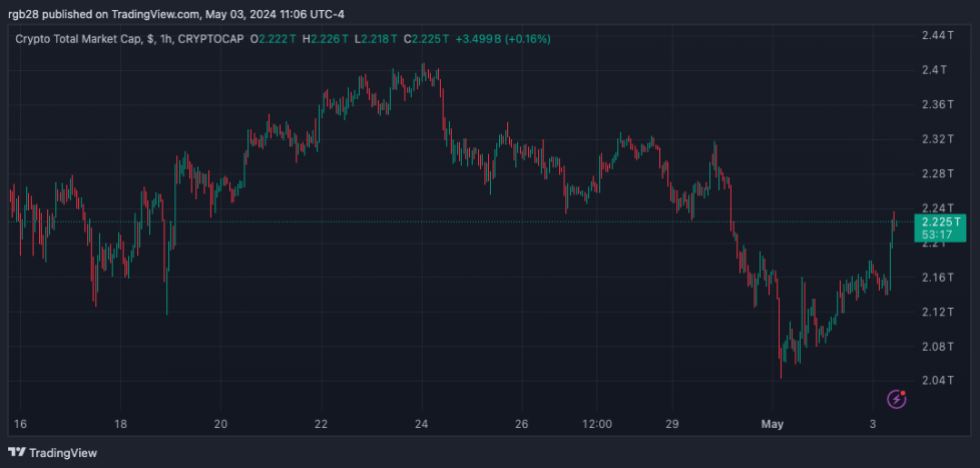


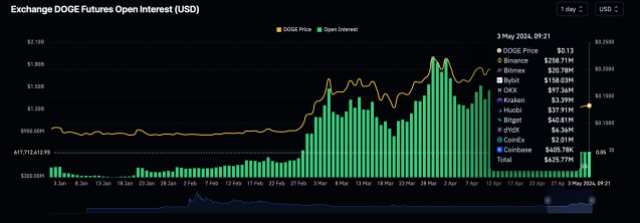

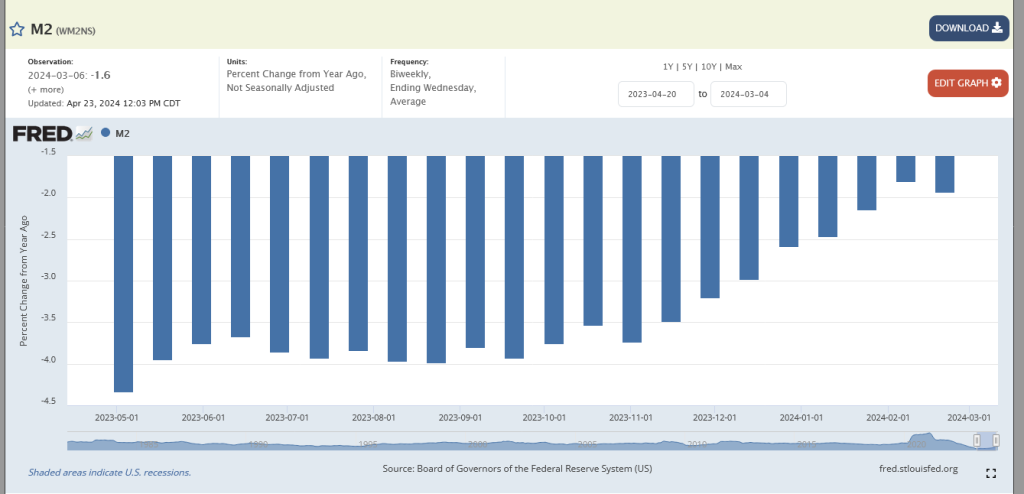
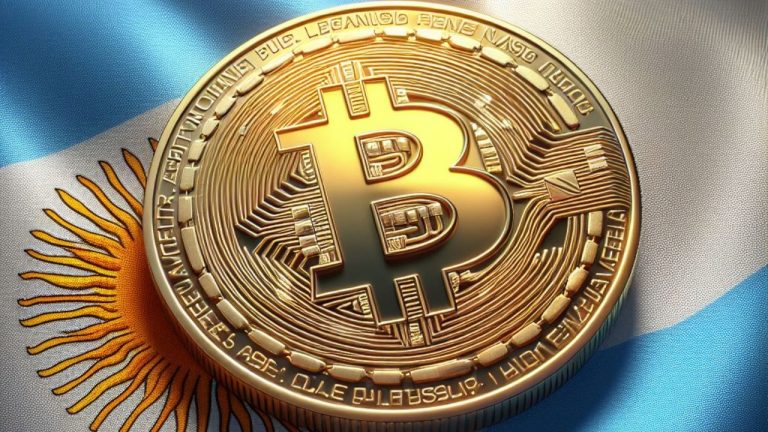

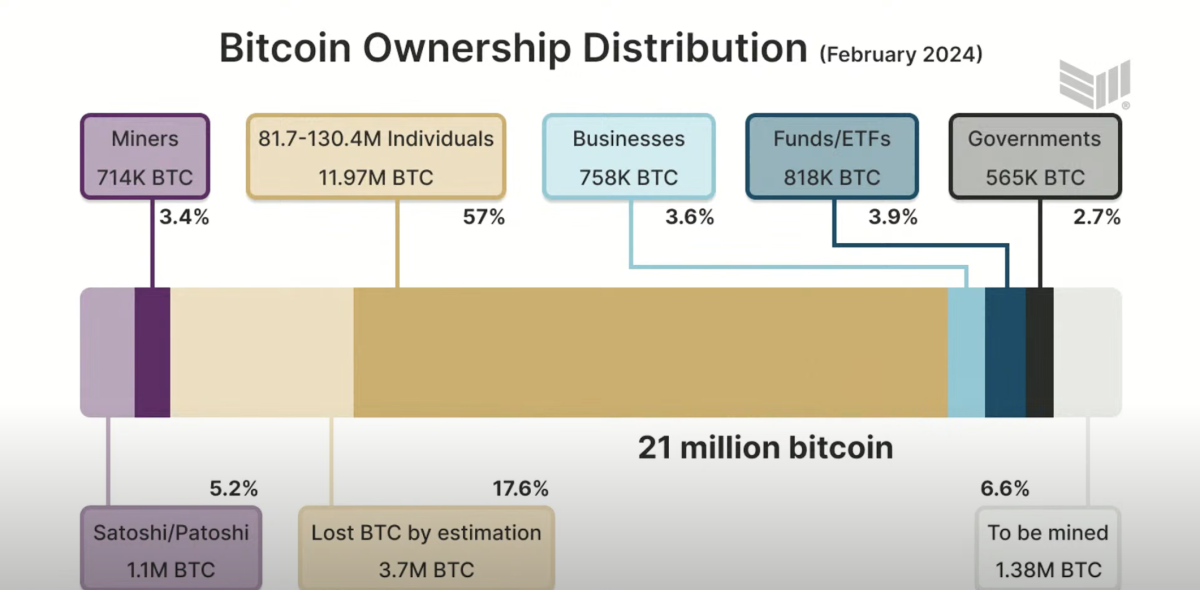

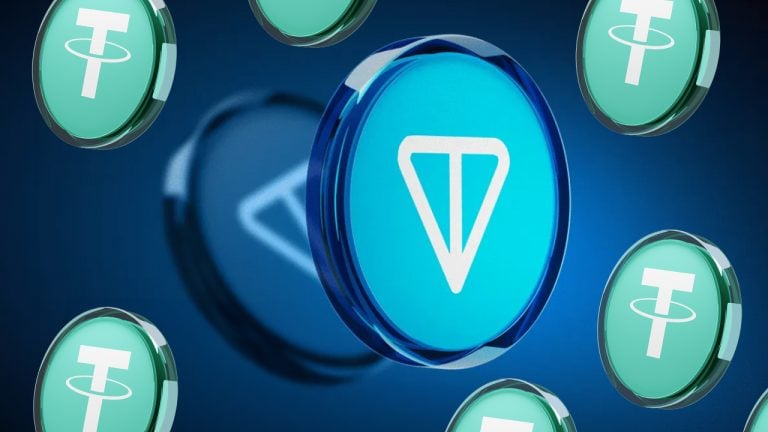
Comments